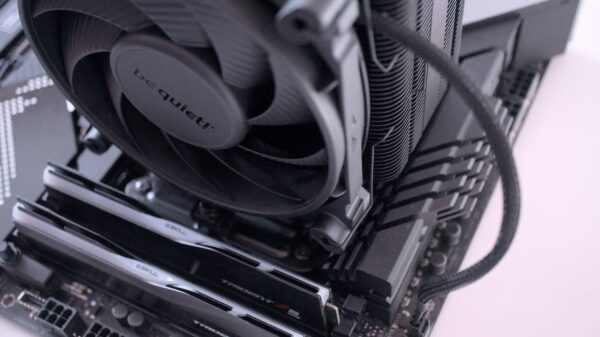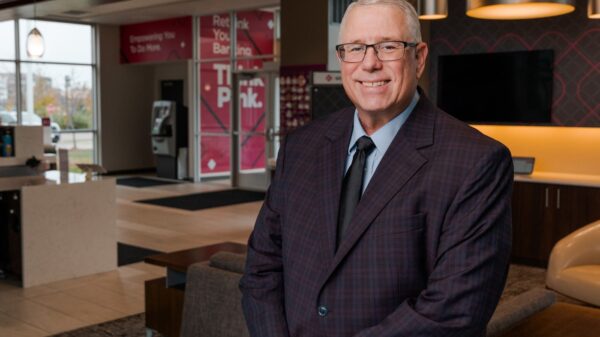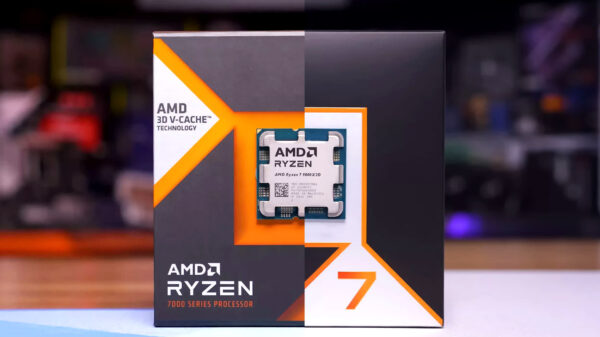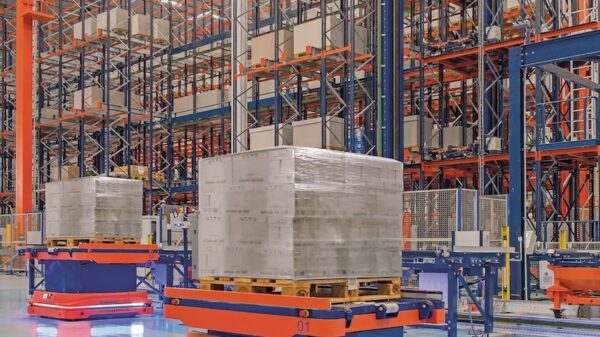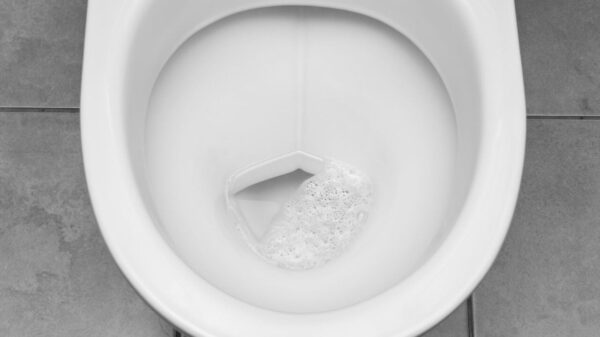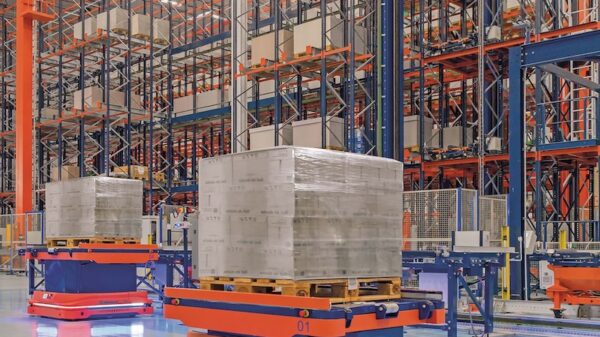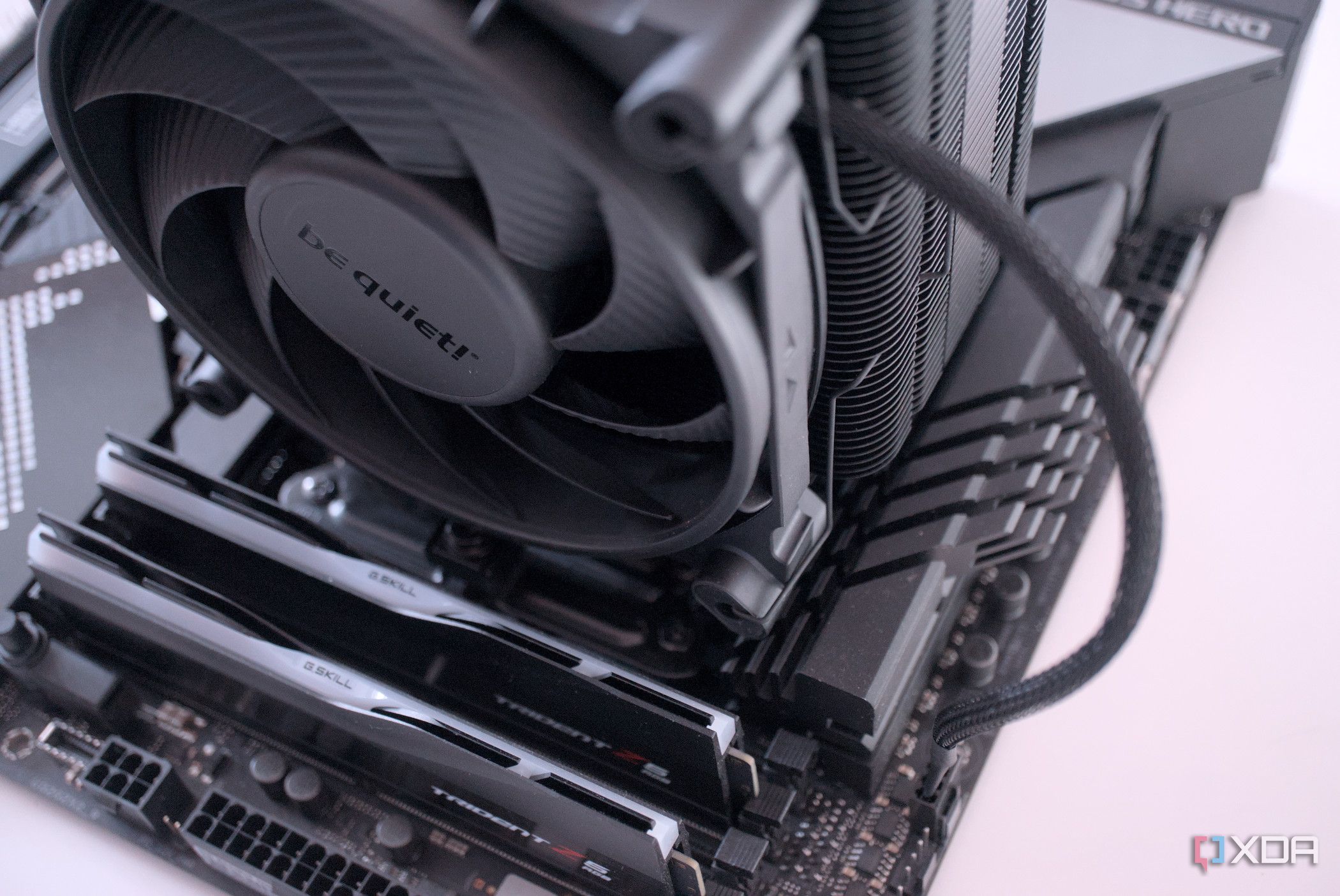UPDATE: New reports indicate that many PC builders are unknowingly making mistakes that lead to noisy, overheating rigs. Even experienced enthusiasts can fall victim to four critical habits that drastically affect performance and comfort.
PC assembly has become increasingly popular, but a few common errors can transform your high-end system into a whirring, overheating mess. Right now, if your computer sounds like a jet engine, the problem could lie in how it was built. These issues are not due to faulty hardware but rather easily fixable mistakes made during assembly.
1. Misaligned Case and PSU Fans
One of the most significant culprits for poor cooling is misaligned fans. When fans are incorrectly positioned, airflow inside the case is disrupted, creating hot zones and unnecessary noise. An improperly oriented intake fan can trap warm air around the GPU, forcing fans to work harder, which in turn raises temperatures and noise levels.
2. Poor Cable Management
A disorganized interior can act as a barrier to airflow, making it harder for intake fans to circulate cool air. Cables tangled around critical airflow paths create turbulence and hot pockets within your system. Taking just a few minutes to tidy up cables can lead to significant improvements in cooling efficiency and noise reduction.
3. Improper Thermal Paste Application
Applying too much or too little thermal paste can severely impact CPU cooling. An insulating layer from excess paste or air gaps from too little can lead to higher temperatures and increased fan noise as the system struggles to cool down. The recommended application method is a simple line of paste in the center of the IHS.
4. Using an Undersized Power Supply
Many builders overlook the importance of a quality power supply. Low-efficiency PSUs, particularly those rated below 80+ Bronze, waste energy as heat. This not only increases internal temperatures but also leads to a cascade of performance issues, including voltage instability and unwanted noise. Investing in a reputable PSU with at least 20% power headroom is crucial.
These four habits can turn your well-built PC into a noisy, overheating ordeal. Fixing them can lead to a quieter, cooler, and more efficient system. It’s essential for builders to pay attention to these details during assembly for the best performance.
As PC building continues to gain traction, awareness of these common mistakes will help enthusiasts create better systems. By taking the time to align fans, manage cables, apply thermal paste correctly, and choose a quality PSU, you can enhance your PC experience dramatically.
For those currently facing these issues, immediate action is recommended to avoid further damage to your precious components. Share this information widely to help fellow builders optimize their setups!



